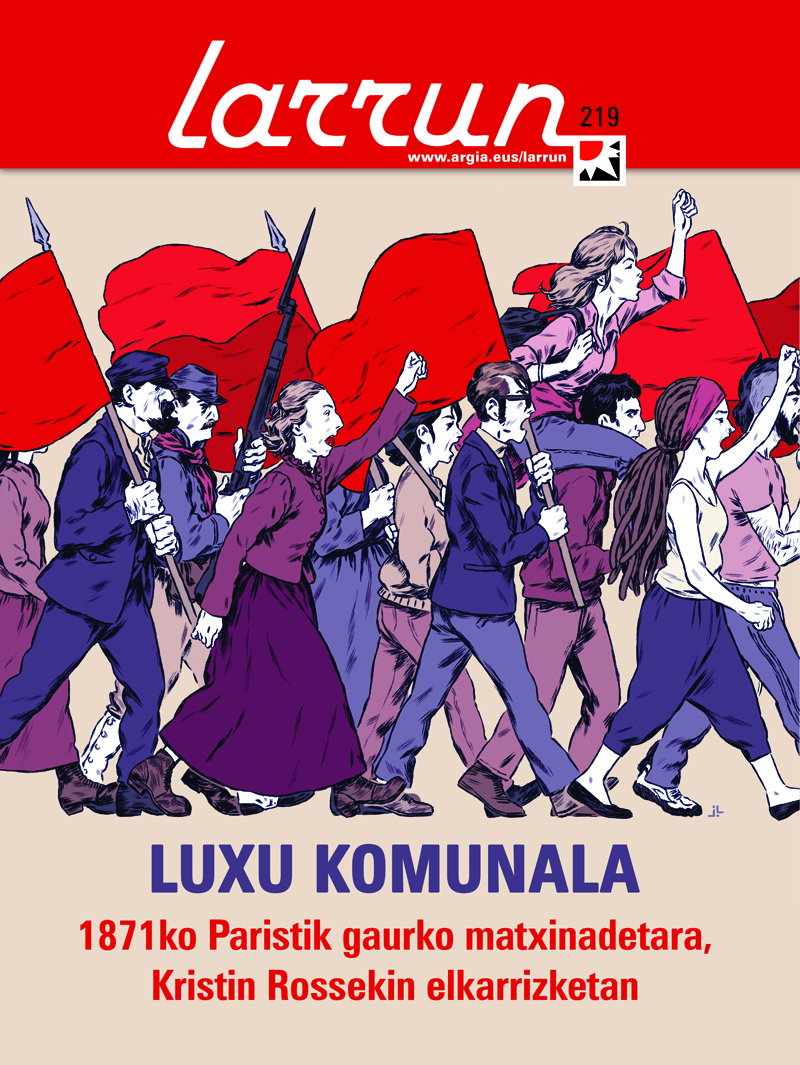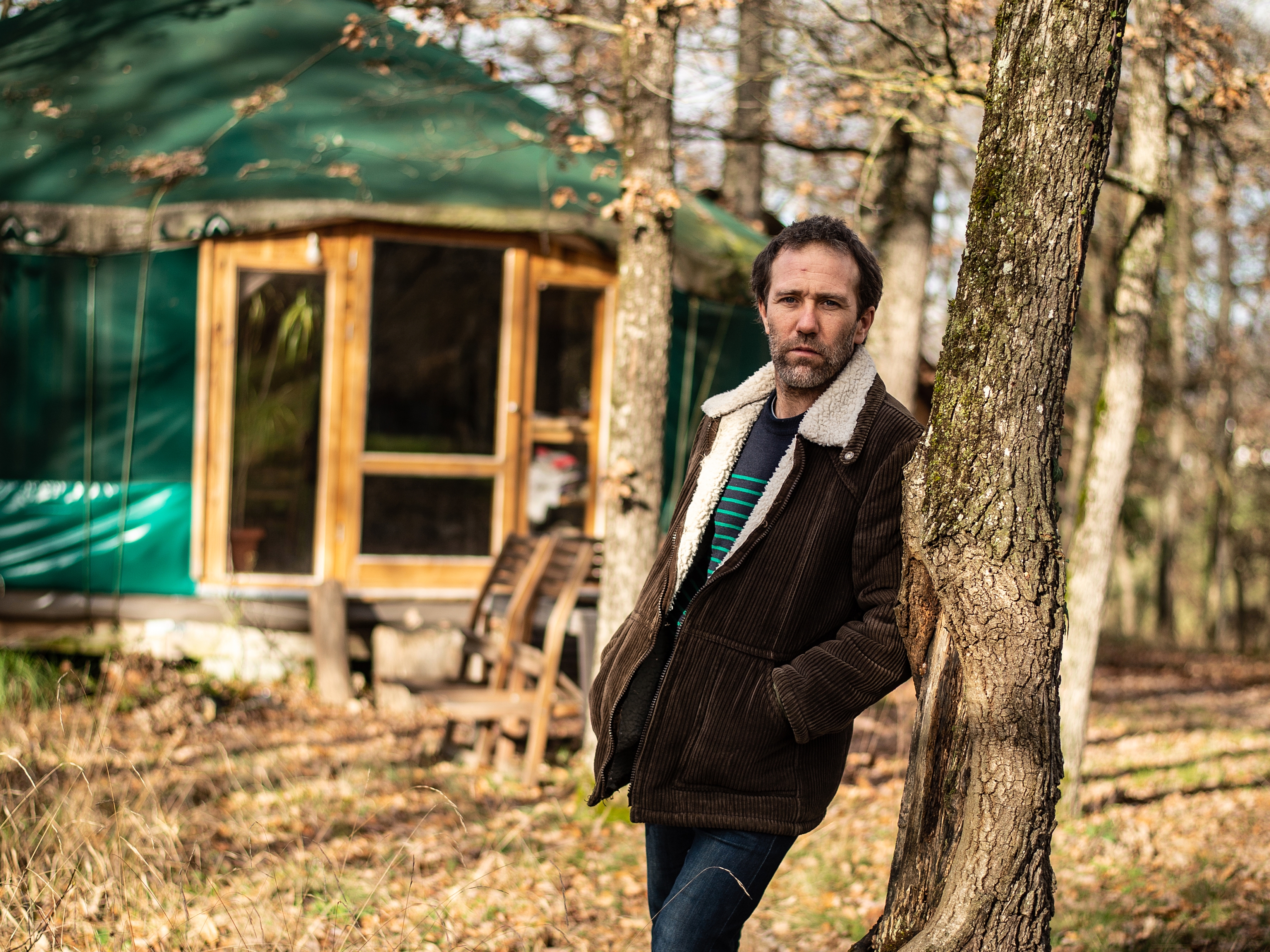What would happen, for what future?
An apocryphal anecdote says, and Kristin Ross picks up at Communal Luxury that on the seventy-three day of the Russian Revolution, when the Paris Commune passed the 72-day border, Lenin danced on the snow in front of the Winter Palace. Soviet historiography perfectly explores the idea that this apocryphal figure illustrates: That the toilet was a failed revolt, whose unforgivable errors corrected the triumphs of the Bolshevik revolution. However, it is not necessary to resort to the volumes of the Great Soviet Encyclopedia to illustrate this logic, according to which the struggles of the past are valued by measuring their successes and failures, as we can find it in multiple expressions of contemporary “critical thinking”: From the innumerable efforts to extract the “lessons of the bath” (why the villagers did not assault the French bank) Why did they not prepare for the attack of the troops of Versailles, who were going to attack them immediately? ), even the work of historian Arthur Marwick, who insisted on differentiating between the political practices of 1968 that were “insignificant” and “fruitful”; or to cite a closer example, the adjustment of accounts that with the M15 are becoming more and more frequent, which repudiate in retrospect the movement of the squares so that their naïve and resounding dreams do not enter the path of triumph.
Kristin Ross uses multiple strategies to reconnect with the life experience of struggles of the past. The words and actions of the protagonists, the opportunities of social transformation imagined, the networks of exchange and thought that generate any movement when it develops. Because it's not about the past giving us lessons, it's about creating conditions for new opportunities.
It is difficult to summarize Ross's work in one idea, but much of his works can be taken as active opposition to this way of understanding critical thinking, an attempt to unravel the tradition of omniscient narrators who dissect the errors of the past in order to define future lines of action. The role he proposes in the work on the Paris Commune or May of 68 is not so heroic, but precisely for this reason he empowers us much more: it consists in reconstructing the “operational existence” of past struggles, using the words of Marx. Ross tests numerous strategies to meet the intense experience of the struggle and not part of the predefined results to relocate any resistance movement in a melancholic logic (when done, intentionally or not, it ends up depicting history as a journey full of blind streets, where there are no alternatives in the development of events). In his books we find the words and actions of the protagonists of the struggle, the opportunities of social transformation they imagined, the networks of exchange and thought that generates any movement when it develops. As you remember in the preamble to Communal Luxury, it is not a question of giving us lessons in the past. It is about creating the conditions for opportunities that make visible and understandable the “secret pacts between generations” to which Walter Benjamin referred. An effort, in short, to create a materialistic memory, so that the struggles of the past have the possibility to continue participating in the work of questioning the present.
* Kristin Ross is a professor of comparative literature at New York University. These are the books he wrote: The Emergence of Social Space: Rimbaud and the Paris Commune (Verso, 2008) by Fast Cars, Clean Bodies: Decolonization and the Reordering of French Culture (MIT Press, 2006), May '68 and Its Afterlives (University of Chicago Press, 2002) and Communal Luxury: The Political Imaginary of the Paris Commune (Verso, 2015) He and Andrew Ross published the book Anti-Americanism (NYU Press, 2004) and has participated in several collective works, including Democracy in What State? (Columbia University Press, 2011) There is no Ross book in Basque, but the reader who does not speak English will find many translations in French and Spanish.
Macron made his press conference on 12 June to read the elections to Parliament. Above all, it has had the time to repeat that the right end and the left end are both landers exactly the same. Although he has criticised one and the other, he has opened up ideas of charm of the... [+]
I will spare you too many explanations and details, the esteemed reader who looked at this text. The issue is very simple. I'll talk about you, about me, about all of us. I am going to refer to the amazing travellers of this boat that is still floating without direction and ever... [+]
The crisis on the left jumps to Latin America. Until recently, progressive governments could be found on almost the entire map of the region. But things are changing in recent months. The three presidential elections marked a turning point: Daniel Noboa won in Ecuador, Javier... [+]
“And what is the weather she perceives for Thursday?” I asked the feminist militant that she was organizing the A30 strike. “The truth is that lately I’ve had my head in a conflict at school,” he replied with a serious face.
The Vox Solidarity party union called for a... [+]
When analyzing the history of social movements and protest, the most abundant studies are those of the Contemporary Age. Sources are more abundant, conflicts are more abundant, and researchers also share the view of the world of research. That is, as we pass through the sieve of... [+]
French and Spanish leftist parties and movements have a different relationship with the concept of nation and with nationalism. This completely conditions the relationship with the Basque nationalists. But why? The key to the theme lies in the different processes of creation of... [+]
Euskal Herrian "paradigma iraultzaile berria" zabaldu eta garatu nahi duen Kimua ekimen herritarra zenbait herritan aurkezpen bira osatzen ari da. Hala Bedi irratian Kimuako kide batekin hitz egin dute proiektuaren inguruan gehiago jakiteko.





















